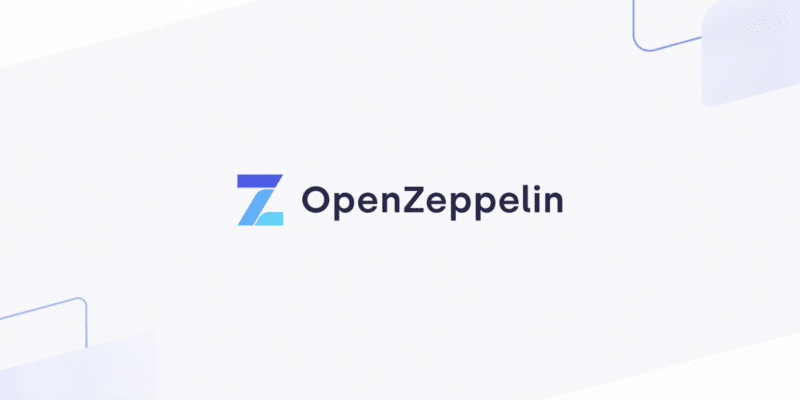Quick take:
- OpenZeppelin will monitor vulnerabilities and detect potential threats in real-time.
- The Sandbox is using one of OpenZeppelin’s security tools called the Defender.
- The tool provides an overview of Web3 transactions happening in The Sandbox.
Blockchain security firm OpenZeppelin has launched its metaverse security service, with The Sandbox signing up as its first client.
For The Sandbox OpenZeppelin will audit smart contracts, monitor vulnerabilities and detect potential threats for metaverse projects in real time. The Sandbox is using OpenZeppelin’s security tools called the Defender, which provides an overview of Web3 transactions happening in The Sandbox.
The tool also allows The Sandbox to automate smart contract administration including access controls, upgrades, and pausing as well as monitor and respond to smart contract exploits quickly and receive notifications via email, Slack, Telegram, or Discord.
OpenZeppelin will leverage the expertise of its subsidiary Forta to provide The Sandbox with real-time detection and monitoring of anomalies in the metaverse ecosystem. Forta launched late last year with a $23 million fundraise led by Andreessen Horowitz.
Forta’s lead ecosystem developer Andrew Beal described the startup as a giant decentralised alarm and security system for Web3.
“It’s important to ensure safety for our users, and we’re pleased to use OpenZeppelin’s security service as an important part of our suite of security tools and strategies,” said Sebastien Borget, chief operating officer and co-founder of The Sandbox in a statement.
Even though there is both the metaverse and DeFi rely on smart contracts that require audits, OpenZeppelin said that there is a difference between the two. The multiple components of the metaverse such as NFTs, land tokens, native metaverse tokens and marketplace for users as well as the underlying code of a metaverse platform provide a wider attack surface than DeFi applications.
The topic of security in Web3 and the metaverse has been getting more attention following the numerous hacks and attacks this year. One of the biggest exploits is Axie Infinity’s Ronin network breach, which resulted in a loss of $625 million.
Today, Opera launched a new suite of browser security features, called the Web3 Guard, to safeguard crypto users from malicious exploits.
Earlier this month, Israeli cybersecurity startup, CyVers, raised $8 million to provide security for Web3 applications. In July, blockchain security firm, Halborn, raised $90 million in Series A led by Summit Partners.
****
Advertisement
Sign up to the world’s biggest crypto exchange Binance to buy and sell cryptocurrencies.
Stay up to date:





